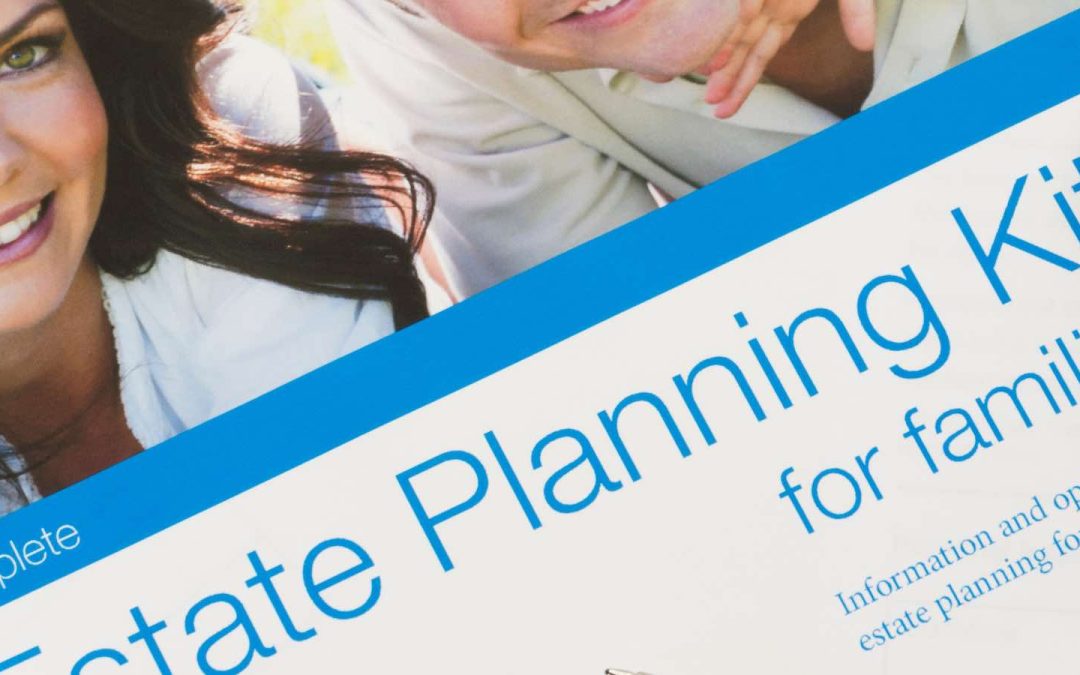No one likes to think about estate planning or what happens after you die? If you have assets such as cash savings, commercial or investment properties, stocks, bonds or you’ve dabbled in cryptocurrency, it’s a good idea to have an estate plan in place. Putting a solid plan can help you minimise your tax, safeguard your assets and make certain your legacy is passed down as you intended.
Here are some reasons why it’s time to make getting your finances in order a priority.
Reduce the amount of tax paid on your estate
An effective estate plan can minimise the amount of tax that has to be paid on your estate such as income tax and Capital Gains Tax. Talking to a financial expert can help you structure your estate to maximise savings.
Protecting assets
By careful estate planning you can ensure your assets are protected. Using a trust may be a beneficial way to maintain control over how your assets are managed and distributed to nominated beneficiaries and don’t end up surrendered to creditors, in lawsuits or from disgruntled ex-partners who think they deserve a share of the wealth.
Ensuring your legacy is distributed as requested
Estate planning is crucial to ensure your assets are correctly distributed as per your requests. It provides clear instructions on your wishes and how you wish any funds or possessions to be distributed such as charities close to your heart like cancer research or RSPCA.
Looking after your Loved Ones
There’s nothing like fighting over money to fracture family relationships, pre-planning can solve the post-funeral conflicts. Structuring your estate plan can include setting up trusts for your children, utilising your SMSF to its potential, creating a blueprint for taking care of your wife/husband and/or children.
Avoiding Probate
When a person dies without a will there is a lengthy process involved before the assets can be distributed. This is known as probate. The probate process typically involves the following steps:
The probate process typically involves the following steps:
- Filing a petition with the court to initiate probate proceedings
- Notification of all heirs and beneficiaries named in the will
- Inventory of the deceased person’s assets and liabilities
- Payment of outstanding debts and taxes owed by the deceased person or their estate
- Distribution of remaining assets to the beneficiaries named in the will or according to the laws of the jurisdiction if there is no will.
It’s always best to consult with a financial expert about your individual circumstances before making any financial decisions. With a solid estate plan in place, you can rest assured that your loved ones are provided for and your assets are distributed according to your wishes.
In conclusion, estate planning is essential for all individuals who want to minimise tax If you’ve ever wondered how to grow your finances so you can ensure your loved ones are taken care of when you’re gone, National Wealth Advisory can connect you financial strategists tailored to your personal situation and goals to assist with wealth creation.
Disclaimer: The information provided on this website is for general informational purposes only and is not intended to provide specific financial or investment advice based on individual circumstances.

